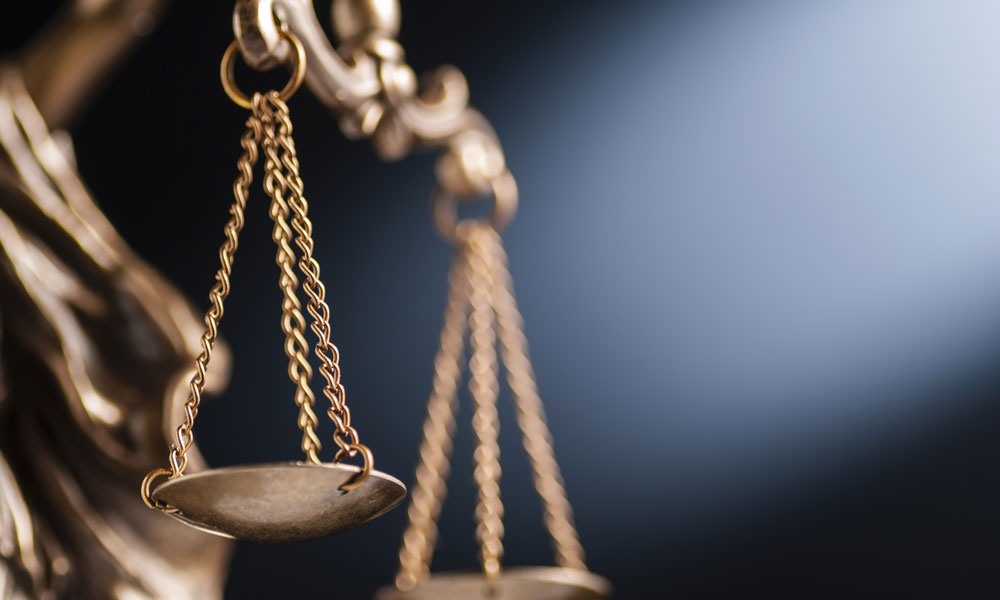
Personal Injury Attorney
This category involves a wide range of injury claims, such as construction accidents, medical malpractice claims, auto and truck collisions, falls, falls as a result of a breach of a landlord-tenant lease, etc. There is an interesting maze of interactions between health insurers, auto insurers, liability insurers and workers compensation insurers. There are even times when a claim is brought because an employer failed to maintain proper workers compensation coverage. William Stern has 44 years experience in all courts involving these issues. Call to discuss your particular situation.
ALL CONSULTATIONS ARE FREE. IN ALL CLAIMS, IF THERE IS NO RECOVERY, THERE IS NO FEE.
Schedule Your Free Initial Consultation Today

Malpractice
Malpractice generally means that a professional failed to perform as a reasonably prudent professional would have performed under the circumstances. Almost all malpractice cases require a professional with similar training to the person being sued to testify to four things:
a) the duty that was owed to the client or patient;
b) the manner in which that duty was violated;
c) how the violation of that duty was a direct cause of damages to the client or patient;
d) the extent of damages
One of the most difficult aspects of any malpractice case is obtaining an expert to testify against another professional. A lawyer from any area of the state familiar with the practice of law can generally testify. A lawyer who holds himself out to the public as having a particular expertise may be held to a higher standard than a general practitioner.
In order to win a legal malpractice case, it is necessary to show that had the malpractice not occurred, the client would have won the case. This is called “the case within the case”. Simply because a lawyer made a mistake does not mean that a malpractice case will succeed. The client must further show not only that the lawyer violated the standard of care owed to the client, but that had the malpractice not occurred, the underlying case would have been successful.
The locality rule applies to physicians who are general practitioners. Dentists and podiatrists are generally considered general practitioners. Many people are surprised to learn that a doctor certified in family medicine is considered a specialist. The locality rule means that an expert witness testifying that another general practitioner violated the duty owed to the patient must be familiar with the manner that medicine is practiced in the local area of the physician being sued. An out of state expert witness may not be sufficiently familiar with the practice of medicine in the area of Michigan in which the doctor being sued practices medicine. However, if the physician is a specialist, then a physician with similar training, experience and certification can generally testify that another physician violated the standard of care, even if the doctor is not from the same area.
There are many very specialized rules pertaining to the manner in which the physician being sued is notified of the claim. This becomes even more complicated in death cases and in cases involving minors. Deviations from these requirements have on many occasions resulted in cases being dismissed. Therefore, it is rare in this day for lawyers whose practice is not primarily devoted to medical malpractice cases thandle such cases
I serve all areas including the metropolitan Detroit area, Wayne, Oakland, Macomb, Downriver, Monroe, Ingham and Delta countries
Request a Free No Obligation Case Review
(248) 353-9400
Don’t Wait, Call to Speak to an Attorney for
FREE NOW!
